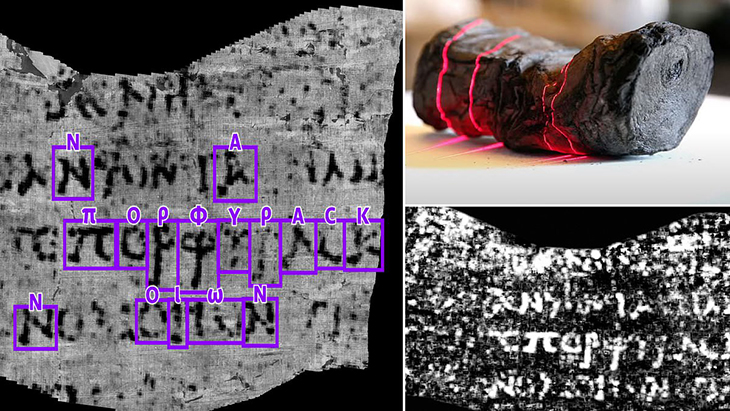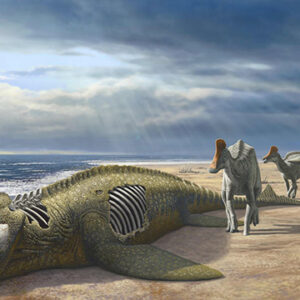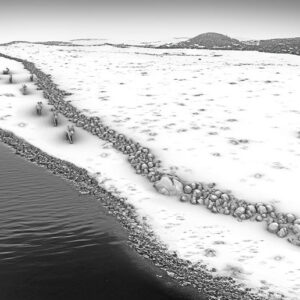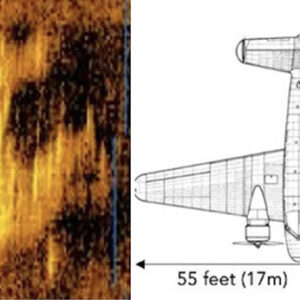
Thanks to the power of artificial intelligence, an ancient word inscribed on a carbonized papyrus scroll that was destroyed in the eruption of Mount Vesuvius in Pompeii 2,000 years ago has been deciphered. This remarkable achievement has placed Roman scholars on the brink of rediscovering knowledge from that bygone era.
The particular scroll in question, discovered alongside nearly 2,000 others in 1752, had been reduced to what appeared to be a piece of charcoal due to the intense heat and gases during the volcanic eruption. These scrolls, including the Herculaneum scroll, had been stored in museum storerooms, hidden from the world.
The breakthrough came with the inception of the Vesuvius Challenge, a project initiated by Silicon Valley figures Daniel Gross and Nat Friedman. They offered substantial cash prizes, totaling up to $1 million, to engineers who could develop AI programs capable of reading the carbonized papyrus. One of the contestants, Luke Farritor, a college student and SpaceX intern, accomplished a historic feat in August. Using his machine learning module, he became the first person in two millennia to decipher an entire word from within an unopened scroll. The word he unveiled was “πορφύραc,” which translates to “purple” in English. This term, associated with royalty, could refer to either the noun, denoting purple dye or clothes, or the adjective, describing the color purple.
Farritor’s journey into deciphering the ancient text began after he learned about CT scans conducted on the papyrus scrolls in a podcast. Another contestant, Casey Handmer, had identified distinctive “crackles” in the material through meticulous study, determining them to be the strokes made by a stylus.
The Herculaneum library, where these scrolls were discovered, is a significant archaeological find, being the largest surviving library from classical antiquity. Believed to have belonged to Julius Caesar’s father-in-law, the library’s scrolls have been shown, since the 1700s, to contain works of Greek philosophers such as Epicurus and Philodemus.
Despite Farritor’s groundbreaking discovery, the Vesuvius Challenge continues, with a $700,000 grand prize still available for anyone who can decipher four separate passages across two scrolls. The competition has attracted the attention of scholars and researchers worldwide, with approximately 2,000 contestants diligently working to unravel the mysteries hidden within these ancient texts. Brent Seales, a computer scientist at the University of Kentucky, who co-directs the Vesuvius Challenge and has been involved in digital restoration initiatives for unreadable ancient texts for two decades, highlighted the rapid progress and enthusiasm displayed by the contestants in their quest to decode the scrolls.
“We’ve seen 10 or 20 person-years of work from these competitors,” Seals said when he spoke to Nat Geo. “Some people might think, ‘What are you going to all that trouble for?’ but I don’t believe that. This is an amazing period in human history. We’re talking about more works from that period.”
What are your thoughts? Please comment below and share this news!
True Activist / Report a typo


